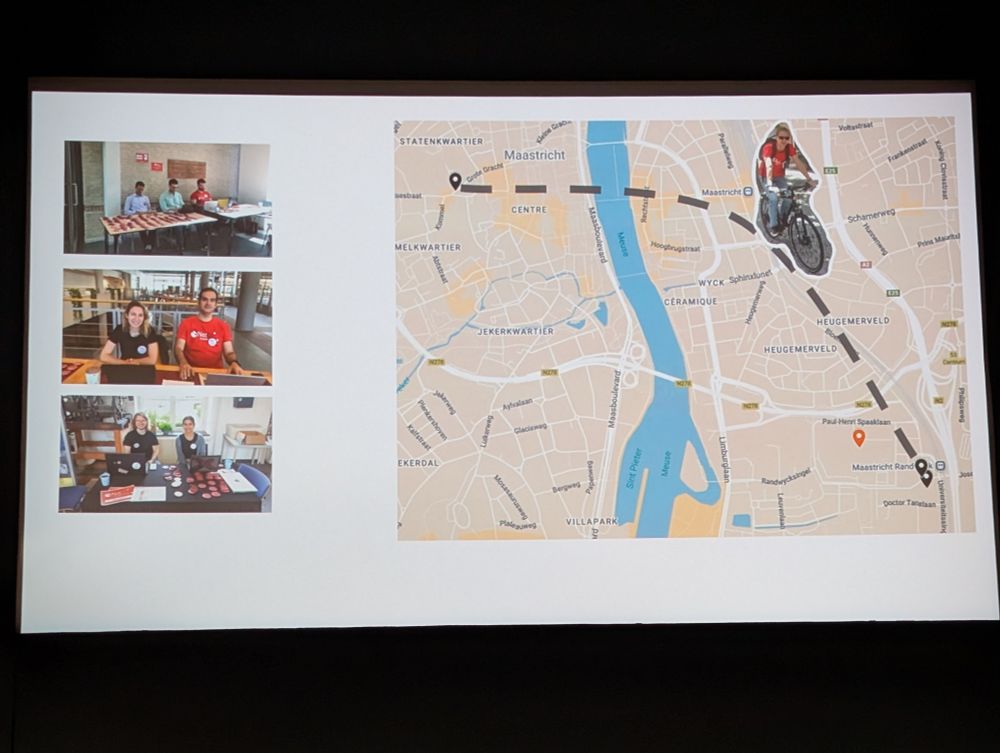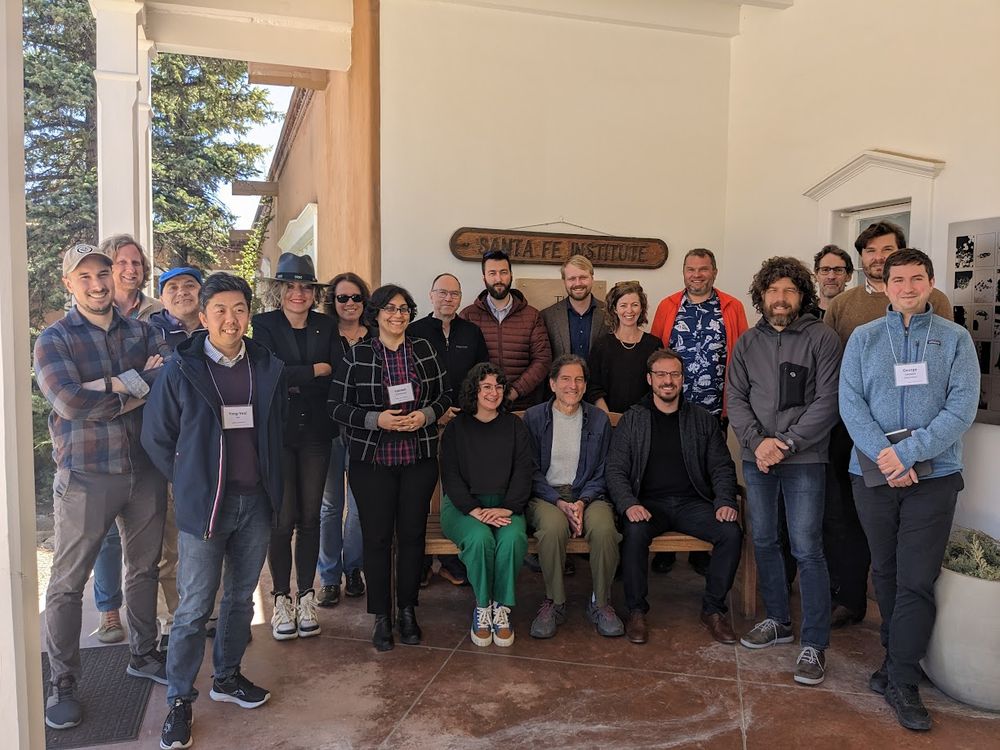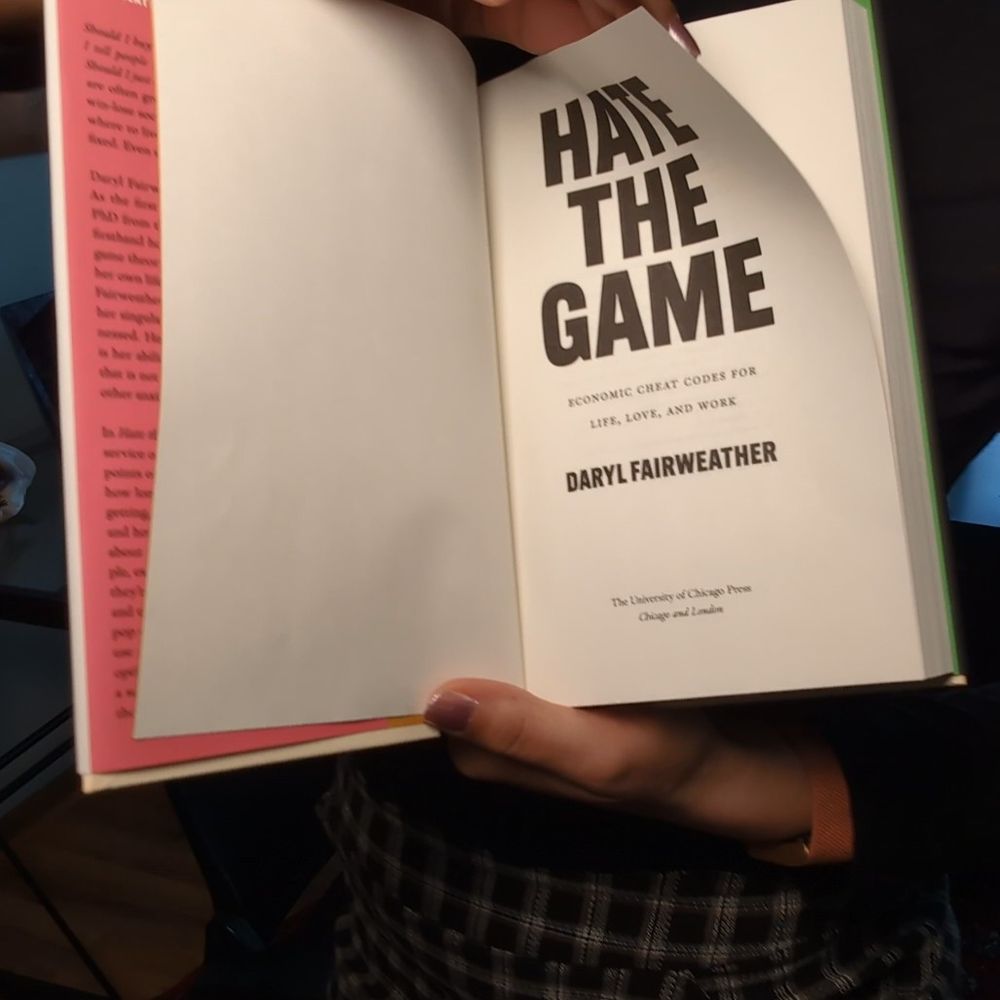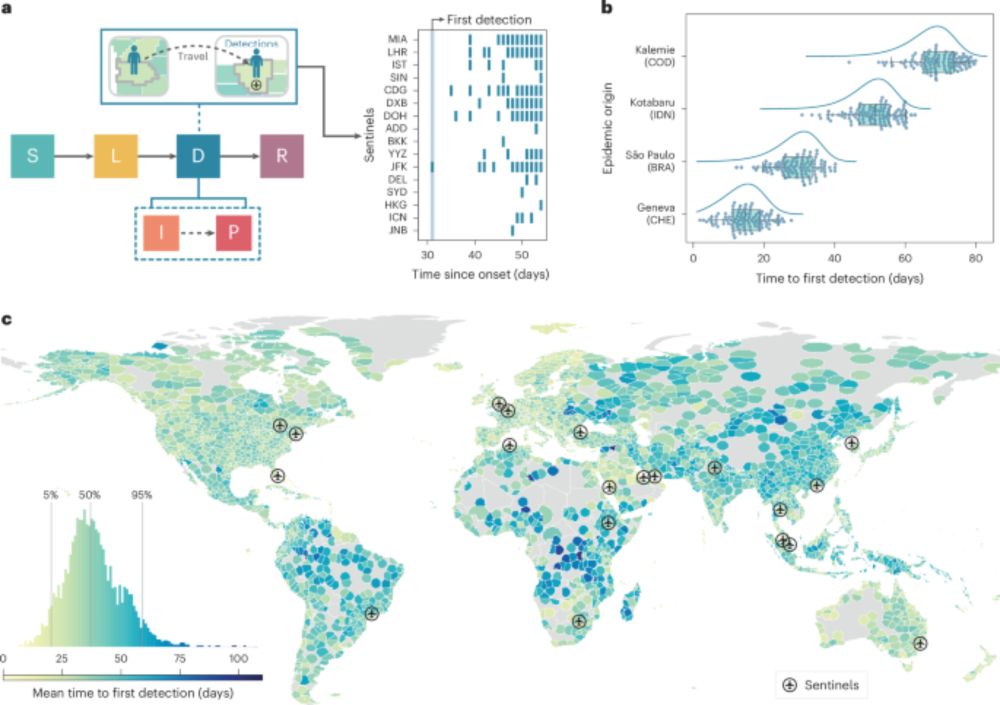jgyou
@jgyou.bsky.social
1.7K followers
660 following
49 posts
Assistant professor of Statistics and Complex systems at UVM.
Lab: https://joint-lab.github.io
Posts
Media
Videos
Starter Packs
Reposted by jgyou
Reposted by jgyou
jgyou
@jgyou.bsky.social
· 14d

Insights from Network Science can advance Deep Graph Learning
Deep graph learning and network science both analyze graphs but approach similar problems from different perspectives. Whereas network science focuses on models and measures that reveal the organizati...
arxiv.org
Reposted by jgyou
Reposted by jgyou
João Franco
@okfranco.bsky.social
· Sep 1
Reposted by jgyou
Reposted by jgyou
Reposted by jgyou
jgyou
@jgyou.bsky.social
· May 19
Reposted by jgyou
Reposted by jgyou
Reposted by jgyou
Reposted by jgyou
Chris Miller
@iamcurious.bsky.social
· Mar 13
Reposted by jgyou
Reposted by jgyou
Reposted by jgyou
Will Thompson
@willthompson.bsky.social
· Nov 23
Aviral Chawla
@lucretiusbot.bsky.social
· Nov 22
Reposted by jgyou
Andrew Mercer
@awmercer.bsky.social
· Jan 14
Reposted by jgyou
jgyou
@jgyou.bsky.social
· Dec 16
Reposted by jgyou
















